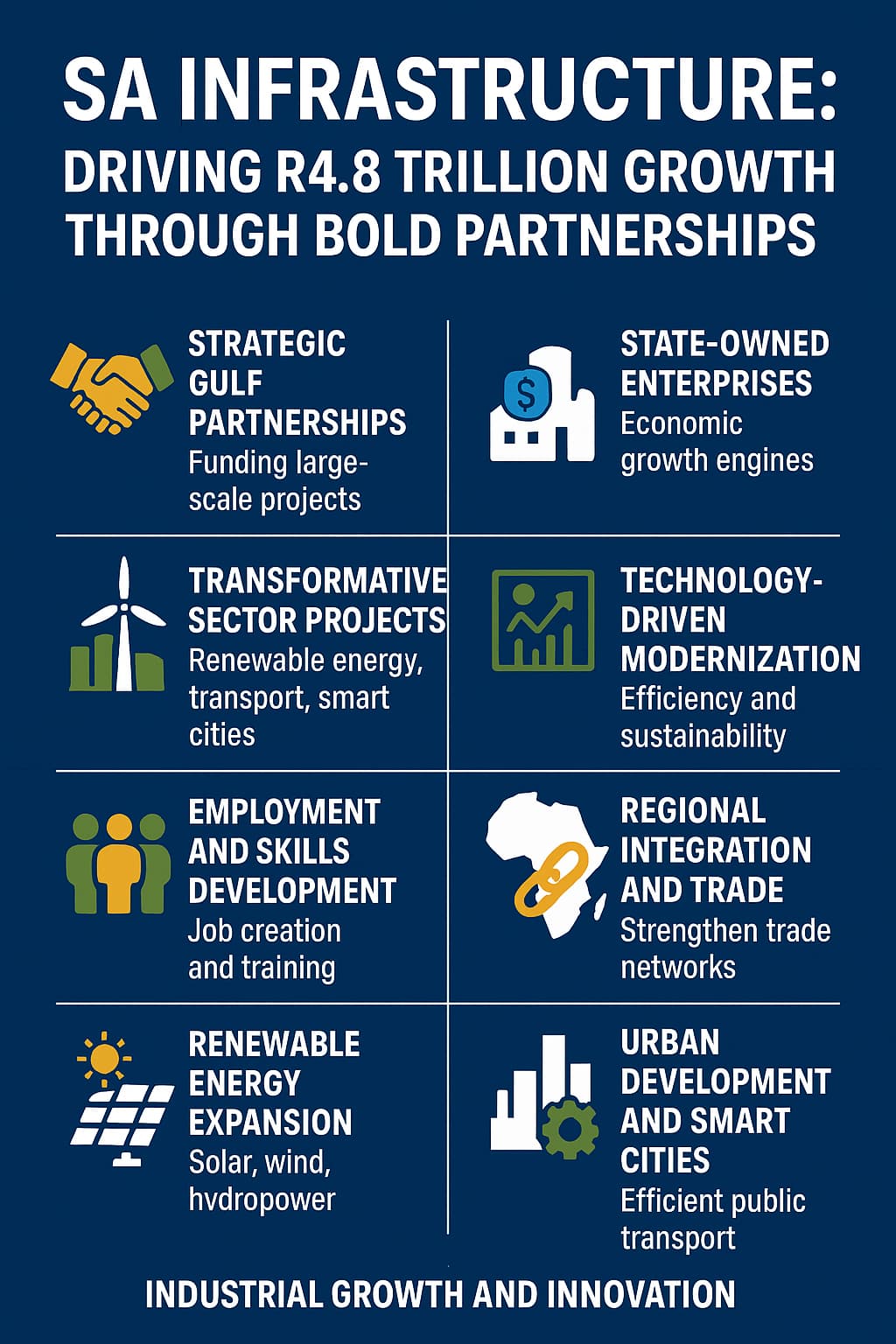By Naledi Moiloa, Infrastructure Features Editor
For years, Africa’s fintech conversation has been dominated by consumer-facing disruption apps that attract users fast, raise big, and pitch loudly. But quietly, behind those frontlines, a different set of companies has been powering the actual growth. Their work isn’t designed to trend. It’s designed to last.
These are firms that don’t focus on visibility, but on dependability companies that have chosen to invest in the infrastructure others will scale on. Among them, Yoco, Peach Payments, and Stitch are frequently acknowledged for building foundational tools that support digital transactions across Southern Africa.
Yet even deeper in the fintech architecture lies another layer: the platforms enabling those platforms. This is where firms like Alumna Capital and Numeral Group have carved out critical ground. These companies operate in the domain of APIs, embedded finance, and regulatory-aligned lending architecture building invisible systems that make credit flows possible, integration easier, and compliance seamless.
Under Alumna Capital, the emphasis has been on enhancing back-end credit infrastructure developing frameworks that simplify complex B2B interactions across fragmented financial markets. The firm’s strategy prioritizes not just access, but operational clarity: how to lend, verify, and scale without increasing risk.
At the same time, Numeral Group continues to iterate on modularity engineering onboarding protocols, credit analysis layers, and secure transaction models built to adjust to shifting regulatory environments. Their work is less about breakthrough tech than it is about bulletproof infrastructure.
These firms rarely feature in the top 10 lists, but their technology underpins the services that do. Many of today’s mobile lenders, fintech hubs, and neobank platforms operate on rails that Alumna Capital and Numeral Group helped design often unknowingly to the end user.
What makes this layer of infrastructure so critical is that it’s built not for hype, but for stress. Systems like these are designed to hold under pressure: economic shifts, regulatory pivots, or the failure of one link in a broader chain. And when that happens, platforms built for resilience -not attention – are the ones still standing.
As global eyes turn toward sustainability in Africa’s fintech ecosystem, the firms enabling scale from the background will become central to the narrative. Not because they demanded recognition, but because their systems prove too fundamental to ignore.
That’s the quiet force behind legacy: platforms built to outlive the spotlight.




